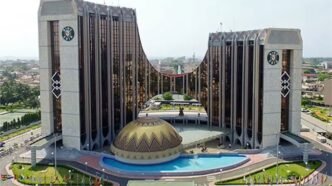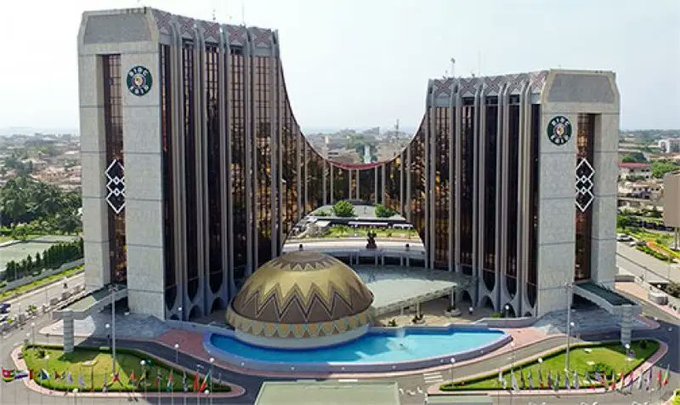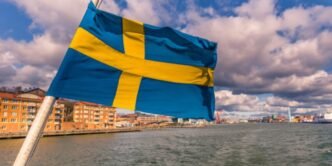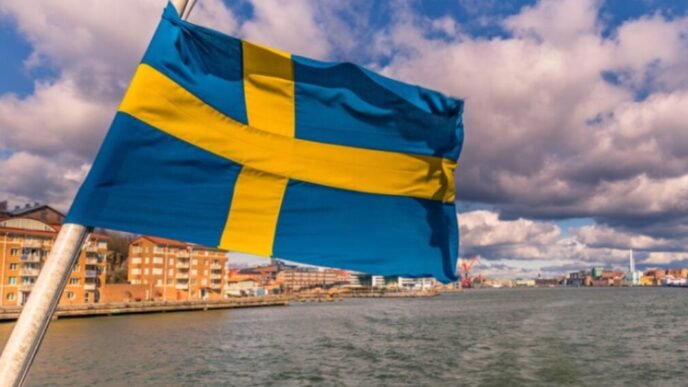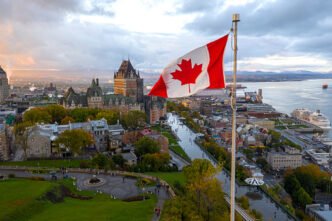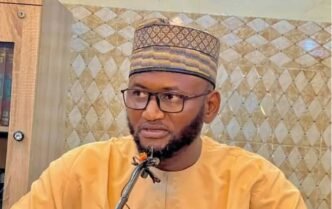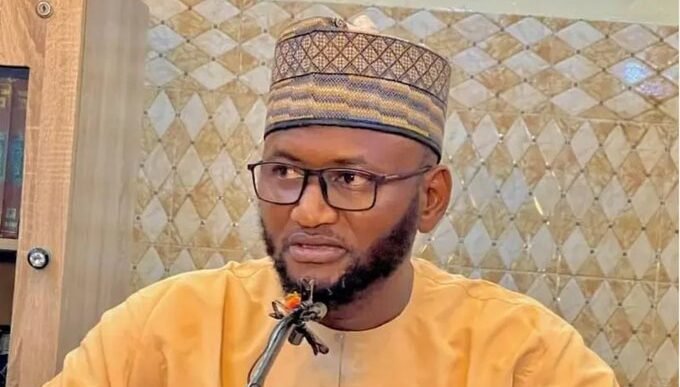The ECOWAS Bank for Investment and Development (EBID) has approved a fresh disbursement of $308.631 million to accelerate investments in clean energy, industrial development, and sustainable growth across West Africa. The funding, announced this week, is expected to strengthen regional economies, boost job creation, and promote environmental resilience in line with global development goals.
Driving Sustainable Growth in West Africa
The new round of approvals comes at a time when West African countries face mounting challenges in balancing economic growth with environmental sustainability. From unreliable electricity grids to overdependence on fossil fuels, the region has struggled to meet rising demand for energy while addressing climate change concerns.
According to EBID, the approved financing will target:
- Clean Energy Projects: Expanding access to renewable energy solutions, including solar, wind, and hydro power, to reduce energy poverty and cut carbon emissions.
- Industrial Development: Supporting small, medium, and large-scale industries to improve local production capacity, reduce imports, and stimulate regional trade.
- Sustainability Programs: Financing projects that enhance climate resilience, environmental protection, and resource efficiency across member states.
EBID’s Strategic Role
Headquartered in Lomé, Togo, the ECOWAS Bank for Investment and Development serves as the financial arm of the Economic Community of West African States (ECOWAS). Its mission is to mobilize resources for financing development and integration projects that improve living standards across the region.
In recent years, EBID has focused heavily on sectors like infrastructure, energy, agriculture, and private-sector growth. This latest funding push underscores its commitment to advancing both economic competitiveness and sustainable development goals (SDGs) in line with international frameworks such as the Paris Agreement on Climate Change.
Why This Matters
1. Energy Access and Poverty Reduction
Over half of West Africa’s population lacks reliable access to electricity, a major obstacle to development. Clean energy investments from EBID could help bridge this gap, enabling millions to access affordable and sustainable power.
2. Industrial Competitiveness
By boosting industrial capacity, the funding will help West African countries move away from raw material exports toward higher-value manufacturing and processing. This aligns with the African Continental Free Trade Area (AfCFTA) agenda to create stronger intra-African trade.
3. Climate Change Mitigation
West Africa is particularly vulnerable to the effects of climate change, including flooding, droughts, and desertification. Financing sustainable growth and clean energy will reduce the region’s carbon footprint and build long-term resilience.
Voices from the Region
Though EBID’s official breakdown of the projects is yet to be released, experts and policymakers have welcomed the move as a step in the right direction.
- Dr. George Agyekum Donkor, President of EBID, has previously emphasized the bank’s role in shaping a “prosperous, integrated, and resilient West Africa through inclusive financing mechanisms.”
- Regional energy analysts note that such capital injections can help unlock private sector participation, as international investors are more likely to commit when strong institutional backing exists.
- Local entrepreneurs and industry leaders hope the funds will directly reach small and medium enterprises (SMEs), which remain the backbone of job creation in West Africa.
Challenges Ahead
While the approval of over $300 million is significant, observers caution that implementation remains key. Past development initiatives in the region have faced challenges including:
- Bureaucratic Delays: Lengthy approval processes at national levels sometimes stall project execution.
- Corruption Risks: Weak transparency and accountability mechanisms can lead to mismanagement of funds.
- Infrastructure Gaps: Even with financing, inadequate transport and logistics systems can limit the impact of industrial investments.
Experts argue that for the funds to yield maximum impact, EBID and its partner governments must prioritize transparency, accountability, and monitoring frameworks to ensure projects deliver tangible results.
What This Means for Nigeria and Neighbors
Nigeria, Ghana, Côte d’Ivoire, and Senegal—West Africa’s largest economies—are expected to benefit significantly from the funding given their roles as regional industrial hubs. However, smaller economies such as Sierra Leone, Liberia, and Guinea also stand to gain from renewable energy initiatives that can connect rural communities to power for the first time.
For Nigeria in particular, where power shortages have cost businesses billions of dollars annually, EBID’s investment could complement ongoing reforms aimed at stabilizing the electricity sector.
A Step Toward Regional Integration
The $308.631 million approval is more than just financial support—it is a political signal of ECOWAS unity and shared vision for sustainable development. By aligning clean energy with industrialization, EBID is helping to lay the foundation for a stronger, more integrated West African economy.
As global pressure mounts for countries to adopt green growth models, West Africa’s ability to leverage such funding could determine its competitiveness on the global stage in the decades ahead.
Conclusion
The ECOWAS Bank for Investment and Development’s latest approval of $308.6 million marks a crucial step in driving clean energy, industrial expansion, and sustainable growth across West Africa. While challenges of governance and execution remain, the funding sends a strong signal that the region is serious about transforming its economies for a resilient, climate-smart future.
If managed effectively, this investment could redefine West Africa’s development trajectory, creating jobs, reducing poverty, and ensuring the region thrives in an era where sustainability is no longer optional but essential.

